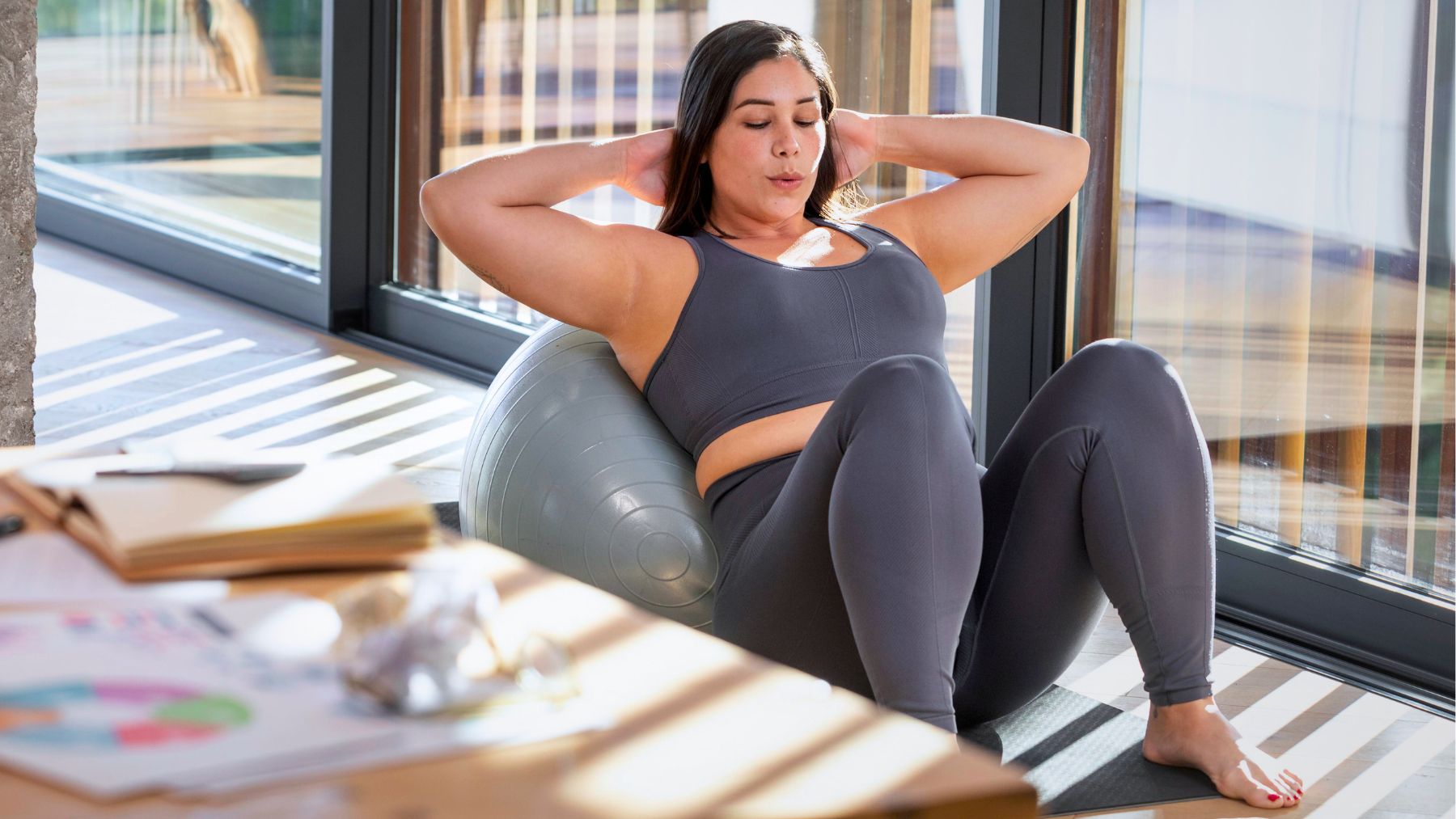Stress and anxiety can take a toll on our busy lives, so finding a way to manage them is essential. Harvard experts reveal a powerful approach that does not require intense workouts. Instead, it’s all about a practice that soothes your mind and invigorates your body.
Here, we’ll explain how practicing yoga twice a week can make a significant difference. We’ll cover the benefits for both physical and mental health and provide useful tips to help you start your routine. Let’s get started.
A routine to reduce stress and anxiety
Yoga stands out as the exercise Harvard recommends for addressing stress and anxiety. It’s a gentle, adaptable workout that you can perform either at home or outdoors. Let’s explore the major benefits that yoga provides.
Boosts weight loss and body tone
Although yoga may not provide the high-intensity cardio of running, it plays an essential role in weight management. Regular practice not only helps tone your muscles and reduce body fat but also encourages healthier eating habits, which can alleviate stress over food intake. By incorporating yoga into your routine, you’re adopting a mindful approach to your lifestyle that supports physical well-being and mental peace.
Improves posture and eases pain
Poor posture and chronic pain, especially in the back and neck, can intensify stress. Yoga emphasizes core strength and proper spinal alignment by offering specific poses that ease tension and relieve discomfort. The deliberate, fluid movements help correct imbalances and foster a more aligned body, reducing pain over time. This improvement in physical comfort promotes relaxation and boosts confidence in everyday activities, ultimately lowering stress levels.
Reduces stress and calms anxiety
By combining physical postures with breathing exercises and meditation techniques, yoga helps reduce cortisol levels, the hormone associated with stress. This practice naturally calms the mind and creates a state of relaxation, serving as a powerful antidote to the pressures of modern life. This makes it an excellent choice for those seeking relief from anxiety.
Enhances focus and memory
Another surprising benefit of yoga is its positive impact on cognitive abilities. The meditative aspects enhance concentration and sharpen memory, while focused breathing and mindfulness exercises boost overall mental performance. Whether you’re studying, working, or managing daily tasks, yoga provides a substantial mental boost that helps you stay alert and clear-headed.
Tips to get started with yoga
Getting started with yoga is easier than you might expect. Begin modestly and listen to your body to prevent injuries. Here are some helpful tips to start:
- Find a comfortable space: Arrange a quiet corner at home or select a peaceful spot outdoors.
- Start with simple poses: Focus on beginner-friendly movements that gradually build your strength and flexibility.
- Follow guided videos: Use free online tutorials to master the basics before progressing to more advanced poses.
- Practice regularly: Aim for two sessions per week to make the most out of it.
- Wear comfortable clothing: Choose loose, breathable attire that lets you move freely.
- Listen to your body: If a pose feels too challenging, modify it or take a break.
With benefits ranging from effective weight management to enhanced mental clarity, yoga is a smart, research-backed choice for reducing stress and anxiety. Just a few sessions per week can help you lead a more balanced and relaxed life.

